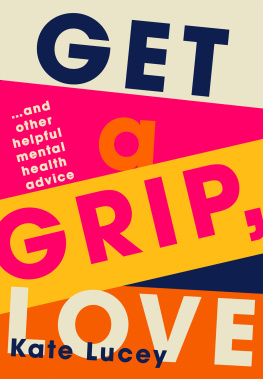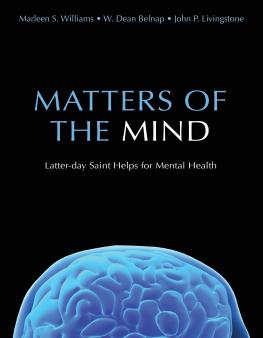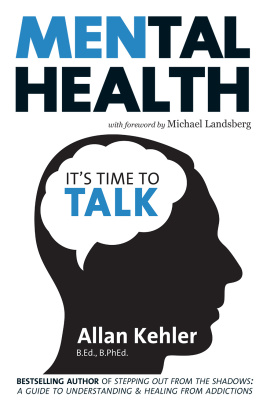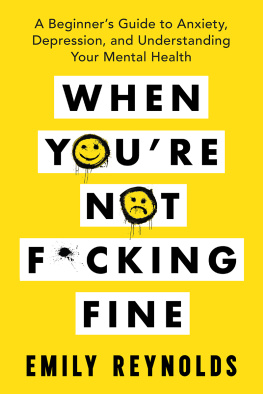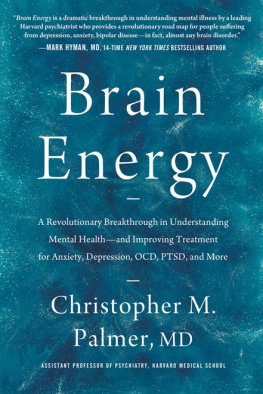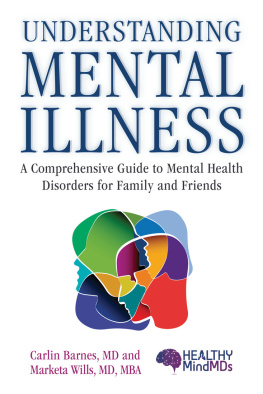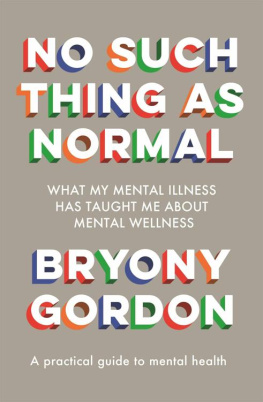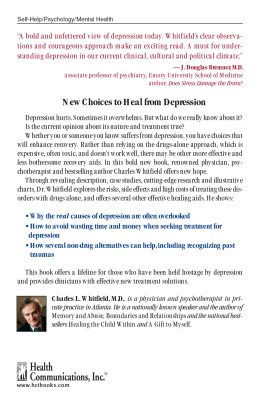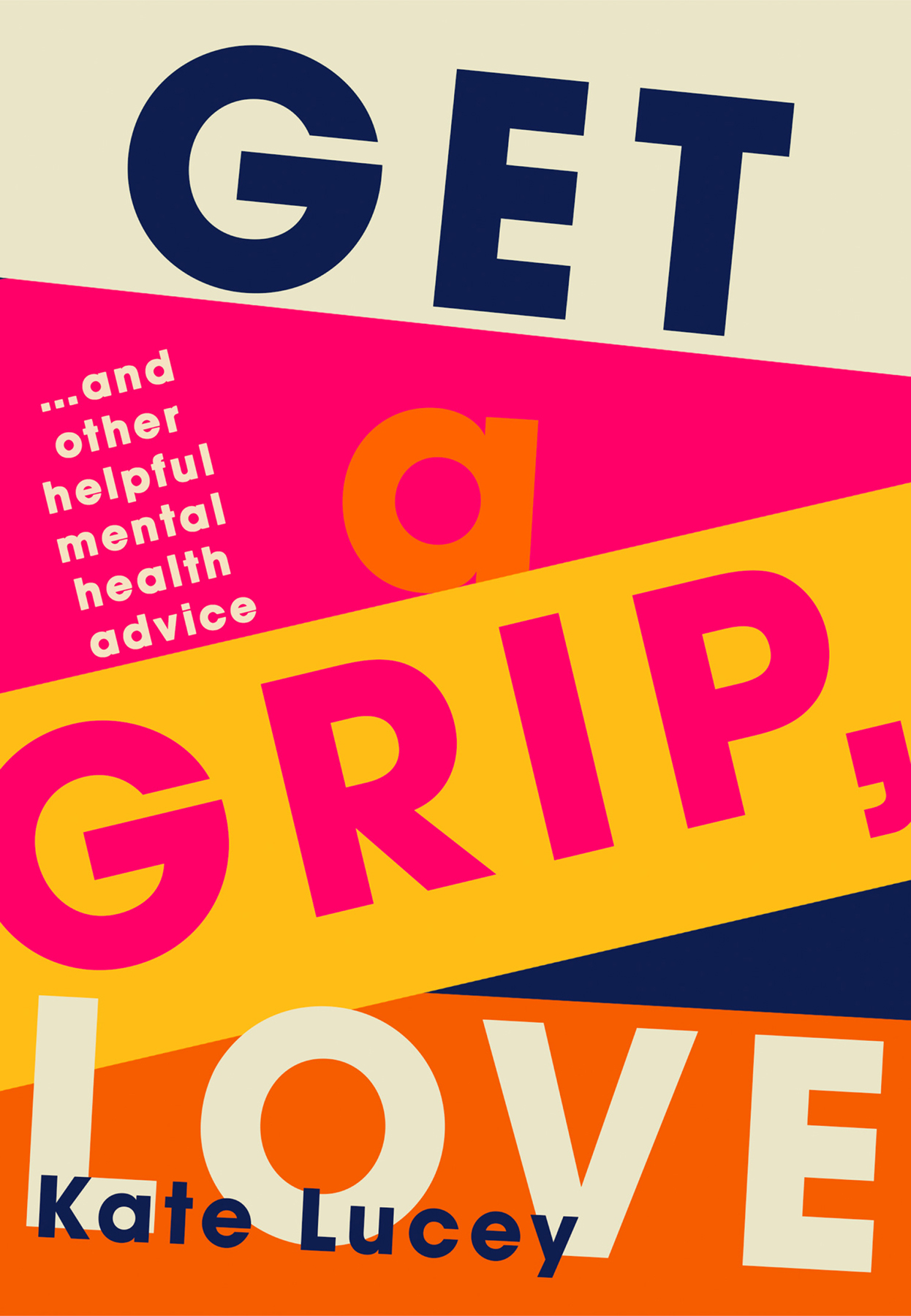GET A GRIP, LOVE
Kate Lucey
ONE PLACE. MANY STORIES
An imprint of HarperCollins Publishers Ltd
1 London Bridge Street
London SE1 9GF
First published in Great Britain by HQ in 2021
Copyright Kate Lucey 2021
Kate Lucey asserts the moral right to be identified as the author of this work.
A catalogue record for this book is available from the British Library.
All rights reserved under International and Pan-American Copyright Conventions. By payment of the required fees, you have been granted the non-exclusive, non-transferable right to access and read the text of this e-book on-screen. No part of this text may be reproduced, transmitted, downloaded, decompiled, reverse engineered, or stored in or introduced into any information storage and retrieval system, in any form or by any means, whether electronic or mechanical, now known or hereinafter invented, without the express written permission of HarperCollins.
Ebook Edition January 2021 ISBN: 9780008401078
Version 2020-12-10
This ebook contains the following accessibility features which, if supported by your device, can be accessed via your ereader/accessibility settings:
- Change of font size and line height
- Change of background and font colours
- Change of font
- Change justification
- Text to speech
- Page numbers taken from the following print edition: ISBN 9780008401054
To anyone whos ever sat in their misery and
not been able to see a way out of it.
Also to me, without whom this book
would not have been possible.
Contents
The state of our collective mental wellbeing is firmly in the gutter. Despite the mental health conversation now being louder than ever, theres a vast crapload of nonsense in the actual understanding of mental health chasm. Speaking up about depression or anxiety is still attached to a fear of being given the boot at work, or being seen as a less fun, less capable, less responsible person and much more of a big sad twat. This is despite the fact that mental health diagnoses are increasing a combo of the conversation helping more of us get treatment, but also an unforgiving job market, stagnant wages, incredibly high rates of loneliness and extreme burnout driving us to ruin. For those who are ready to speak about their mental health, everyone and their bosss friends sisters dog has a miracle cure to throw at them, and it can be very tricky to separate the fact from the fiction.
Spoiler: this is a book about depression, a tricksy little minx that affects everyone differently and is very personal to every body and brain it resides in. So that means its also a book about me, and maybe you, and people you love who might have depression themselves. Its a guide for people who might be trying to figure out how to be supportive to someone whos trying to direct their mental health demons into some kind of manageable order while all the demons want to do is piss on their joy and make them feel hopeless.
Ive been officially depressed (as in, diagnosed) for six years, and have moved from a very intense cant get out of bed stage to a much more palatable separating the illness from myself and trying to actually live life stage. Ive experienced everything from bad therapy, bad meds and bad friends, to good therapy and medication, and solutions that actually work. Also, Im still alive, so that essentially makes me a sadness boffin. The Steve Jobs of constant sobs. The Brad Pitt of feeling shit. The Meryl Streep of dodgy sleep and the Stephen Fry of having a cry. I have learned a lot and experimented with endless alleged cures or aids for mental health, and have been offered unrequested reams of advice about how to cure my depression. I want to share both the tremendous and the twaddle with you in the hopes that you might either feel SEEN, or might be able to help a pal who is also depressed. In this book I talk bluntly and honestly about what has and hasnt worked for me and for others, what deserves to get in the bin and how to respond to trashy comments that suggest that a bath or a few days of fasting will cure you of your actual mental health illness.
As well as offering my own opinions, Ive spoken to lots of other people who have or are suffering with mental illness, as well as some qualified experts to help me offer you a guide, reassurance, a big hug and a fact-book that is as informative as possible. The two people who feature predominantly are Peter Klein and Kate Mason. Peter is with Counselling Directory and has experience running the depression and OCD treatment groups at the Priory. He specializes in treating stress, worry, anxiety, psychosis, depression and OCD. Kate Mason is a chartered clinical psychologist and has supported people suffering psychological and emotional distress since 2002. She worked for the NHS for over fifteen years before setting up her own practice, and also previously worked for the Priory Group. Theyre both very knowledgeable and smart, and their full details are in the if youd like to know more about them or to get in touch for counselling. Also, here Id like to shout out to my personal therapist, Marcelle Casingena, who works online and in North London, and who helped me work through a lot of my dark mess.
Its difficult to know how long Id been unofficially depressed before my diagnosis. Depression is like bad weather; it comes and goes. Sometimes its really windy and pouring down for weeks months, even and then you get a sunny spell. When its sunny, does that mean all chance of rain is gone? Not so much.
Was I depressed during my teens when I had periods of feeling extremely sad and hopeless, or was I just being a teenager and reacting to the new batch of hormones that were flooding through me? Or were those painful feelings of desperate sadness, which arrived for seemingly no reason at all, not just being a teenager but really the beginnings of the first patches of depression weather?
Maybe depression started at university, or maybe that was just too many nights out and discovering the existential gloom hangover? Did I just miss my family and put too much pressure on myself to live la vida loca in a slightly tragic suburb of North London? Its hard to say, because I never really addressed any sadness during my student partying as serious.
Or was it when I started working full time and was crying on the way home from work most days, or was that me just being a flake who couldnt cope with the real world? We all feel sad and hopeless sometimes, but how often does sometimes have to be for it to be an illness?
All of this really boils down to the question, how does depression pick its victims? Much research has been done and few conclusions have been drawn. Is it genetic? Some evidence suggests maybe, but we need more research (similar to most studies around depression, just to save you some time in your own research). My childhood was blissful, my parents and sister are my best friends, and I have suffered no extreme trauma but my family does have a history of mental illness. My maternal grandma, Joanna Williams, who had been living with depression that had been exacerbated by the traumatic death of one of her four children, ended her life in 1986 at the age of 52. But does that mean I was always destined to get depression eventually? Theres been a lot of research into depression genes and links to family history, but nothing significant has been discovered as of yet.

